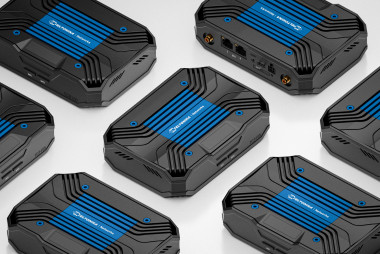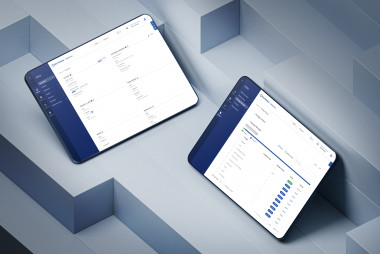Teltonika’s Alliance with the EIE-PUCV in Chile
#2024, #collaboration, #latam
A new collaboration between Teltonika and the Faculty of Engineering of the Pontifical Catholic University of Valparaíso in Chile will see students training on our networking equipment to enrich their hands-on learning experience and career growth. In this article, we explore the story behind this alliance, its details, and what the future holds for both us and the University.
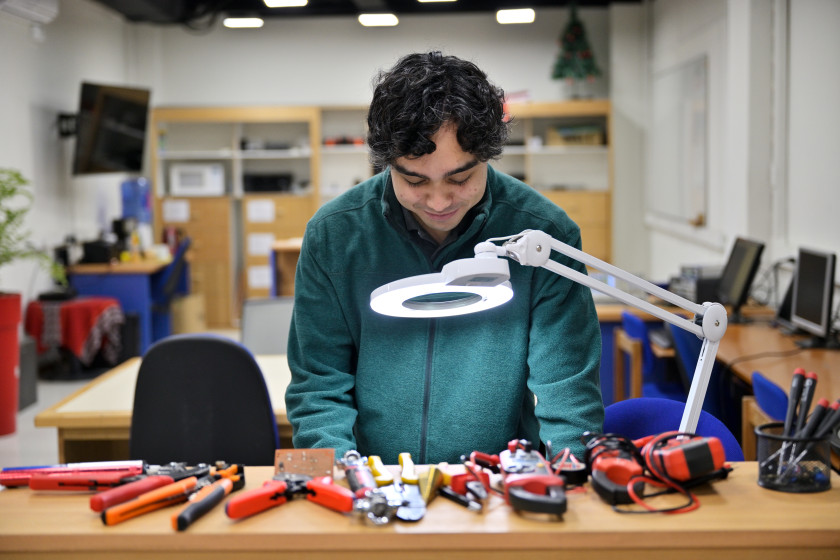
Teltonika is excited to announce a new collaboration with the Pontifical Catholic University of Valparaíso (PUCV) in Chile. As part of this alliance, the PUCV will receive networking products for the training of its Faculty of Engineering (EIE) students on career paths towards key industrial sectors, such as telecommunications, industrial automation, and more.
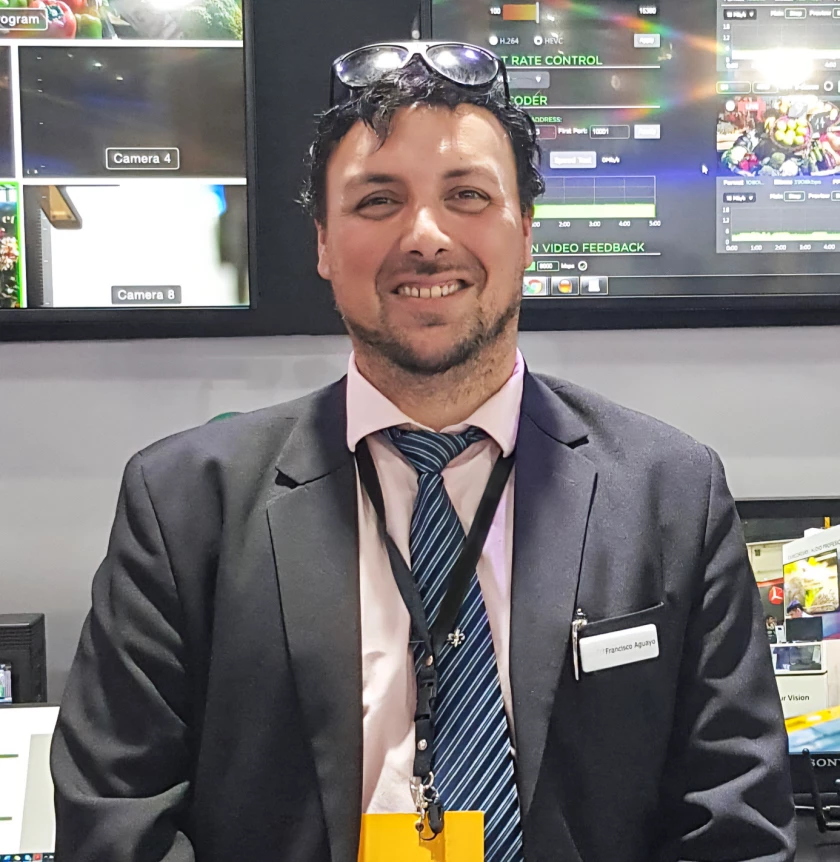
We will also coordinate several lectures and seminars at the university to better equip both faculty members and students with the information and skills needed for working with our networking products, including our Remote Management System (RMS).
The progenitor and visionary of this collaboration, Teltonika’s networking Business Development Manager, Francisco Javier Aguayo Barbieri, was already working with students of the EIE who were collaborating with Teltonika for their thesis work.
“It goes without saying that I consider this alliance a great personal and professional triumph, as it is the first and only time the PUCV has opened itself to a possibility like this. I have no doubt that this will be my legacy for Teltonika in the future,” he said.
At the Vanguard of Chile’s Engineering
The EIE-PUCV is among the most significant in Chile and Latin America. It stands out for its contribution to the advancement of engineering through research and technological innovation, as well as for its contribution to regional and national development.
Over the past 80 years, the EIE-PUCV has developed an intense research activity, seeking to be recognised as a national benchmark and a Latin American leader in both the training of engineers and the generation of technology-based solutions in areas of national relevance and demand.
As such, within the curricula of electrical and electronic engineering careers, students take specialised courses such as computer networks, automatic control, logic controllers, industrial communication networks, IoT devices, and so on.
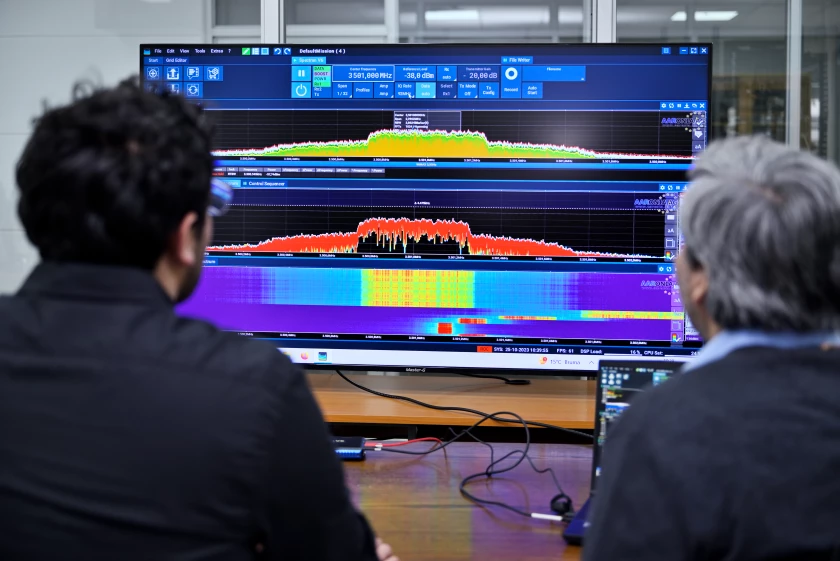

Learning & Working with Teltonika
To enrich these courses with hands-on practice that complements theory, our alliance with the EIE-PUCV will have the faculty’s students training on our networking equipment to acquire professional skills. Each engineering programme in the EIE has between 50 and 100 students, and the goal is for them to have a minimum of one networking device per group of three students.
This would allow the development of disciplinary and professional competencies associated with the design, implementation, configuration, and maintenance of cutting-edge equipment of a global manufacturer such as ourselves.
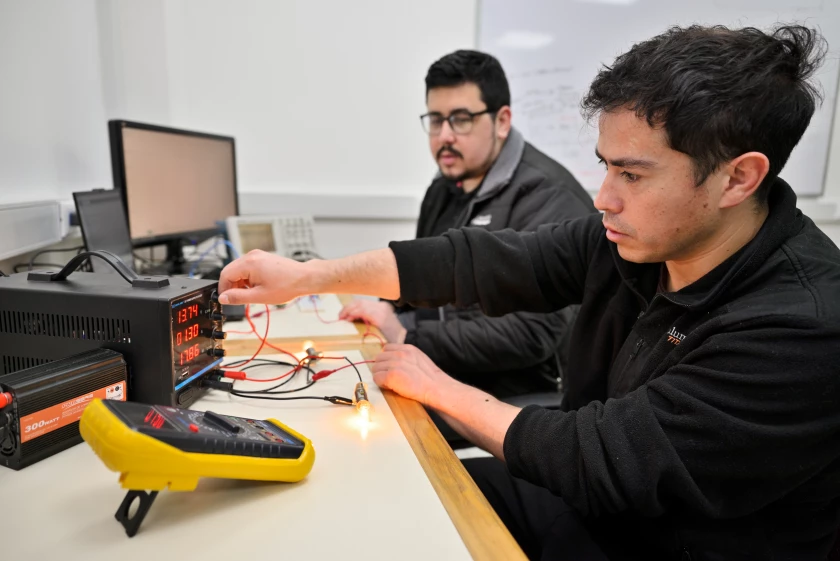
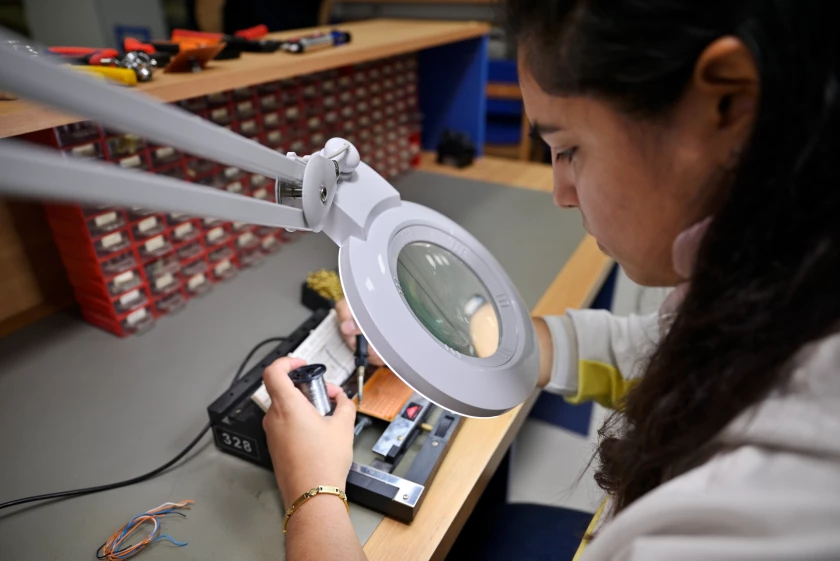
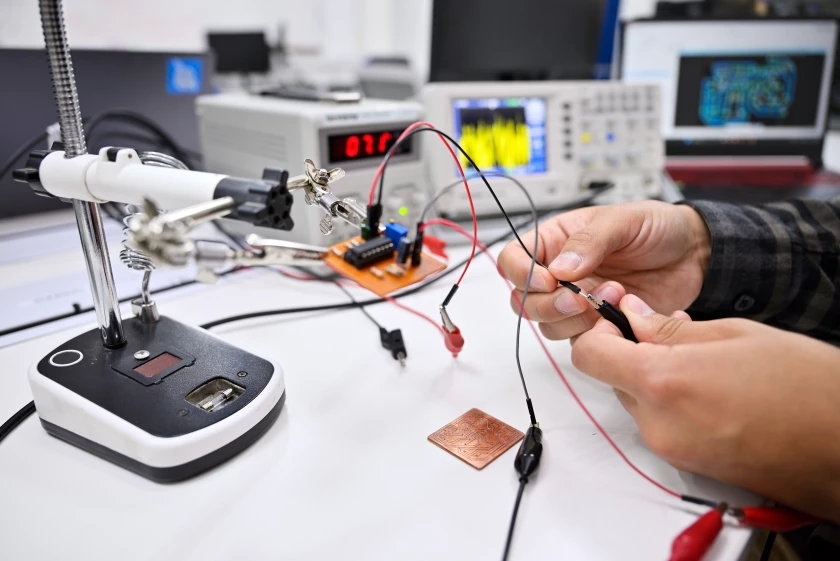
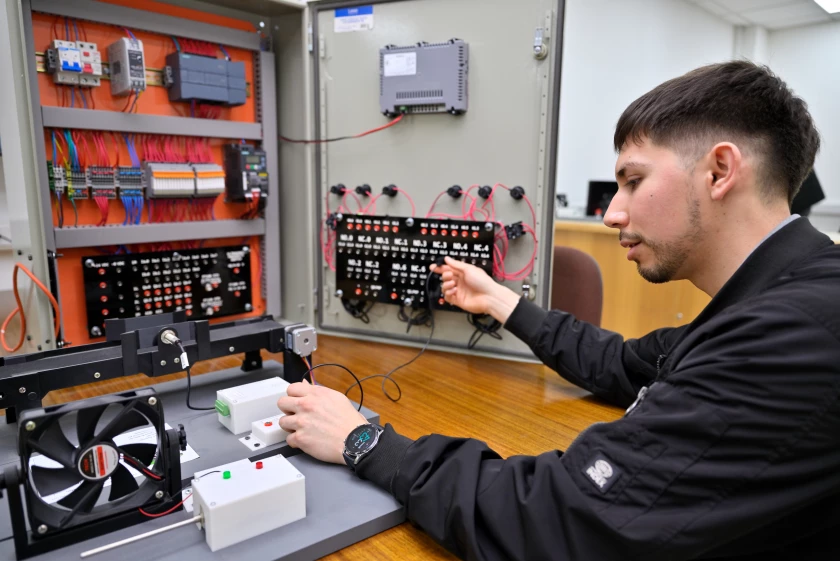
For example, the EIE-PUCV is presently designing an automation laboratory for the myriad electrical and electronics career courses. Practical experiments related to Industry 4.0 applications, such as remote monitoring and telecommand, are routinely carried out in the automation laboratory using Teltonika networking devices.
In addition, several theses and research work of EIE-PUCV students have been developed on applications of programmable controllers using our networking products. Currently, one of its students is studying the main applications of the RUT200 cellular router in the different plants of the automation laboratory. Included among them are:
- remote programming and configuration of Siemens PLCs and HMIs;
- remote monitoring of electrical variables from a network analyser;
- remote control and monitoring of generator set controller variables;
- remote control and monitoring of inverted double pendulum; and
- remote control and monitoring of a level plant.
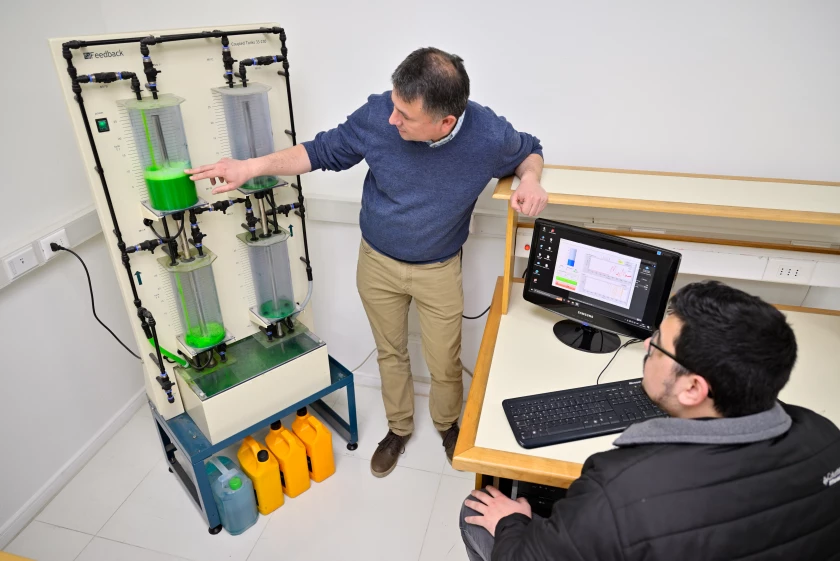
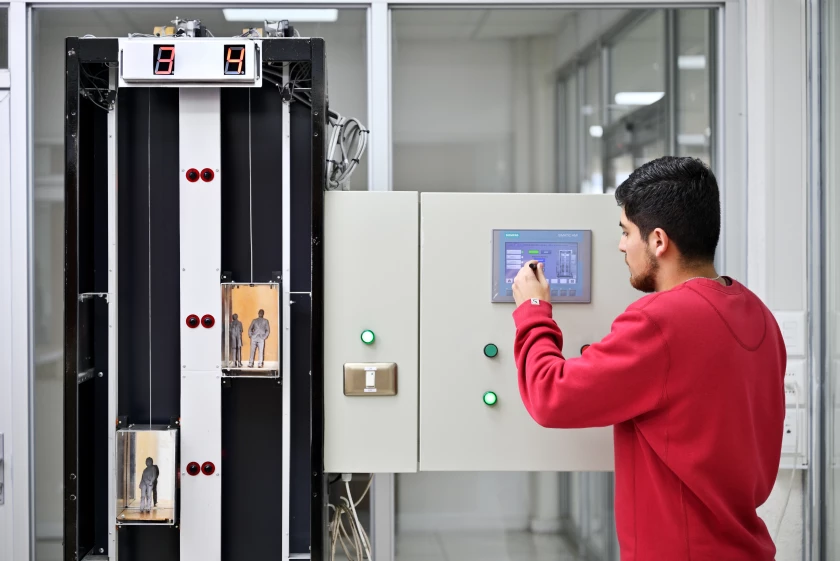
An important learning experience was the limitation of the RUT200 not allowing tests with the implementation of the Modbus RS485 communication protocol, which would enable control and monitoring through address mapping of different controllers, such as variable frequency drives, dedicated controllers, etc.
Understanding the different strengths and weaknesses of any given networking device—how each presents some limitations but opens the door to new possibilities, is a key tool in any IoT engineer’s arsenal.
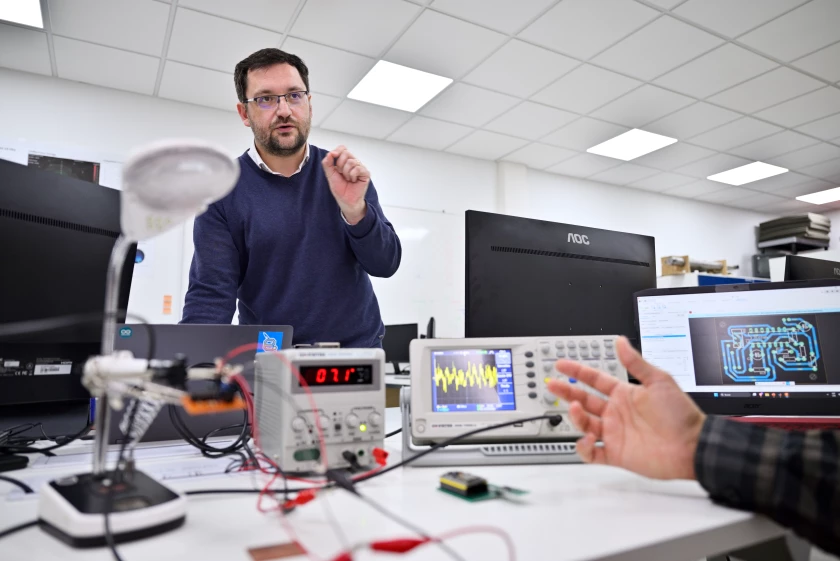
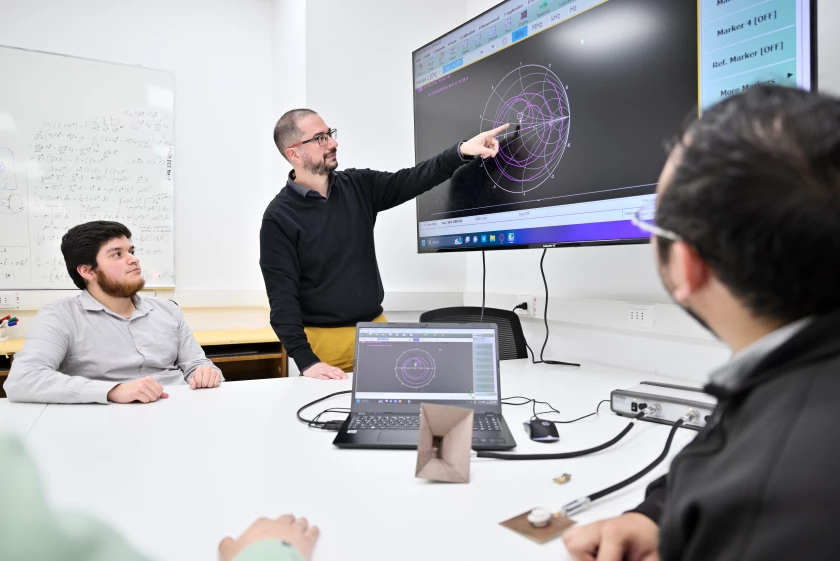
Looking into the Future
This alliance is pioneering for both Chile and the PUCV, which had never been open to an agreement of this type. It puts Teltonika’s products at the forefront of Chile’s future engineering sector and thus cultivates mutual growth and alliance.
Through this collaboration, the EIE-PUCV hopes to further strengthen its footprint in the industry and collaborate with the production sector through communication, professional internship agreements, improvement courses, and more.
At Teltonika, we are more than happy to support the EIE-PUCV on its path to achieving these goals. Young engineers training on our networking devices will also disseminate our brand into the greater Chilean and Latin American IoT sectors as the students of today become the engineering leaders of tomorrow.

